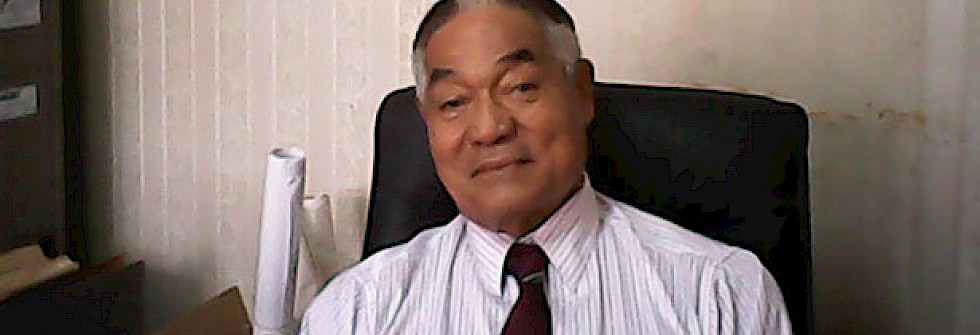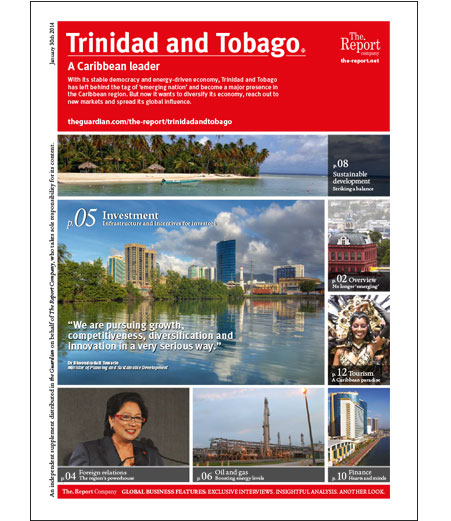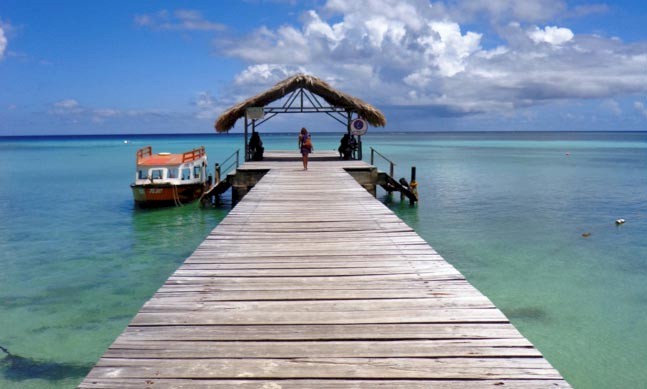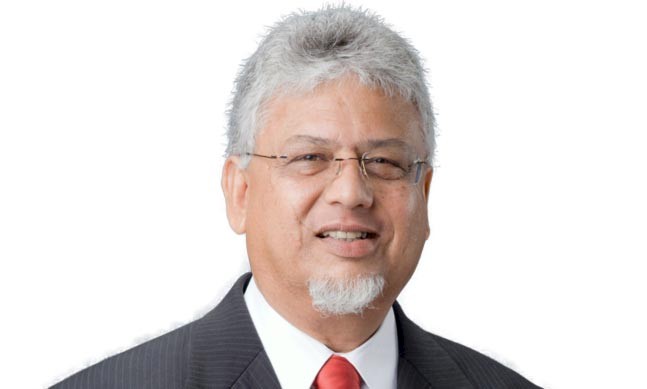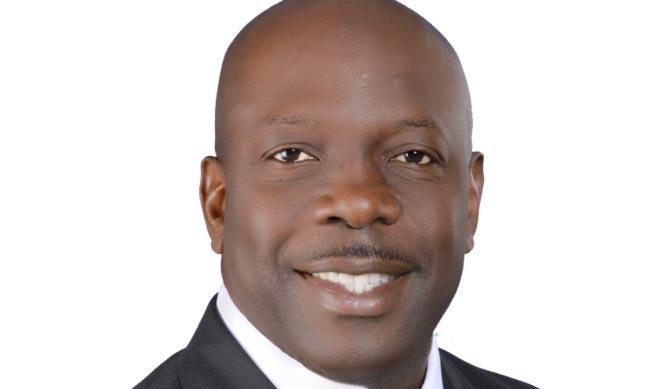Trinidadian businessman William Bronte spoke to The Report Company about his company AJ Mauritzen, which was established in 1948 and provides fully integrated relocation, moving and other associated services, and discussed the changes that have taken place in the six decades he has been an entrepreneur on the island.
The Report Company: Your professional life spans six decades. Can you give us a bit of an overview of how you got started?
William Bronte: I started life as a schoolteacher during the Second World War. I started teaching in 1944 and I taught until 1964. I was trained under the colonial system as a professional teacher but in 1964 I had this urge to get into the business world, so that is when I acquired the business. We then bought a big warehouse to store things for expats that come in. I don’t know how long after my present age that I can continue in business.
TRC: Over the last six decades that you have been in business, what has changed?
WB: Quite a bit has changed. And I would say it has changed for the better. When I got here 60 years ago, the market was not as expansive as it is now, especially the gas and oil industry.
TRC: How did you build your client base?
WB: The recent and not so recent discoveries brought lots of expats into the country, which was good for my business. When they came, we used to log everything – all of the details of the logistics so we knew who was coming in and when they were leaving. As a result the business grew because we had a whole bank of information.
We are members of all the top organisations in our field and we try to attend all their meetings and conventions. As a result we are known throughout the world and we have people in every country.
People wonder how I get the business. It’s because I ensure that I attend the meetings wherever they are. The last one was in Vancouver; I was there. The next one is in Greece; I’ll be there. We get there and we network and we get to know each other.
We have friends all over the world.
“We are studying for FAIM III accreditation. If we are accredited there will only be about 300 of us in the world at that level. We are prepared for it and it will difficult to follow us.”Tweet This
TRC: What kind of services do you offer?
WB: A client may call from a country in Europe and say they are coming down with their company. We locate them, pick them up, show them their nearest grocery store, the nearest church, we tell them which school we recommend. We brief them and we have a special person who will go round with them to help them organise housing and take the hassle out of the whole process.
TRC: What competition do you face in the market?
WB: I don’t even know if we have competition, although there are some clients we don’t take on, so someone must be taking them on.
TRC: What is your management style?
WB: I was trained under the colonial system and I don’t care what people say about that system, I am happy to be a colonial because you learnt everything about good manners and good deportment. It’s not only about maths, for example. I take a different approach as a manager because of my teaching background. Sometimes you get guys come in here that don’t know their ABC, but it doesn’t take long to teach a guy to spell his name, to write, to add and subtract, so I don’t refuse a guy because he cannot read and write. I give him the opportunity. The teaching never leaves you.
TRC: What is the objective that you aim to achieve within the company?
WB: We are studying for FAIM III accreditation in October. We know exactly what we have to do. They will come from Brussels and do the examination and if we are accredited there will only be about 300 of us in the world at that level. We are prepared for it and it’s difficult to follow us.


